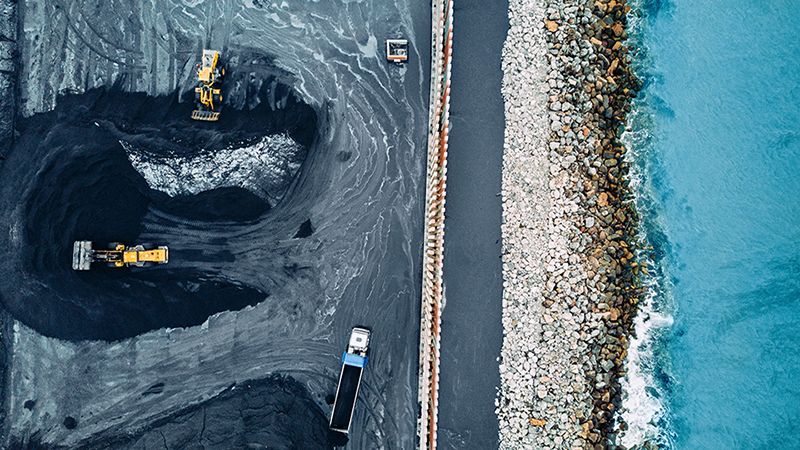On 14 May, shareholders in Norwegian oil and gas major Equinor will be given a vote on whether the company should increase the pace of its low-carbon transition. The shareholder resolution asks the board to ensure Equinor’s strategy and investment plans are consistent with the Paris Agreement goals. This vote matters not just to Equinor’s shareholders; it matters to the world. Shareholders should vote in support.
The economic case for Equinor to embrace a faster transition strengthens by the day. The International Energy Agency’s (IEA’s) latest World Energy Outlook once again upgraded its projections for the renewables roll out, and the concomitant reduction in gas demand.
The IEA now projects global oil and gas demand will peak before 2030, with demand to fall 45% by 2050. If the world adopts policies aligned with Paris, demand would fall 75% by 2050.
Oil and gas production is a long-term business and Equinor’s project pipeline includes proposals that will start delivering volumes in the 2030s, running as far out as 2100.
Having future production come onstream at a time of materially lower oil and gas prices undermines Equinor’s promise to deliver a 15% internal rate of return. This should worry shareholders.
While it is hard to determine the precise downside risk, if prices fell in line with the IEA’s 1.5C scenario, Equinor’s current upstream and certain intangible assets could be impaired by $10bn, equivalent to 20% of its reported equity at the end of 2023.
More broadly, Equinor estimates a potential hit to its net present value (NPV) of 42% in a 1.5C scenario. If prices fell in line with the IEA’s Announced Pledges Scenarios, consistent with a 1.7C warmer world, Equinor calculates a $3bn (£2.4bn) impairment.
The more capital Equinor deploys into expanding production, the higher the potential write-downs. Using Rystad data, the Australasian Centre for Corporate Responsibility calculates Equinor’s unsanctioned international projects NPV would fall 50% if it uses the current forward Brent price curve, rather than Equinor’s $75 (£60) per barrel assumption. The hit would be even greater using the IEA’s 1.5C price curve.
While Equinor has made a welcome commitment to support Paris, it says the development of new reserves is important for energy security. The problem with this argument is two-fold.
First, the ‘balance’ Equinor says it is seeking between energy security and a safe climate is at odds with the Paris Agreement signed by 195 countries, including Norway.
Second, doubling down on fossil fuels is more likely to exacerbate energy security risks, as greener renewables reduce the reliance on imported fossil fuels. Furthermore, wind and solar are now more often than not the lowest-cost form of power.
While the long-term economic case for oil and gas companies to embrace a faster transition remains strong, no group is willing to act. Equinor is, in our view, best placed to take this step.
Critically, the Norwegian government, with its two-thirds ownership in Equinor, made clear at the company’s 2023 AGM that it should set “targets and implements measures to reduce greenhouse gas emissions in both the short and long term in line with the Paris Agreement, and reports on goal attainment.”
Equinor has the expertise to pivot. In particular, its latest market update underlined its ability to use vast depleted reserves in Norway’s continental shelf for storing carbon emissions captured from European heavy industry.
It is planning a large-scale pipeline from Europe to store up to 50mn tonnes of CO2 a year by 2035, equal to Norway’s current annual emissions. The total capacity is estimated to be equivalent to 1,000 years of Norwegian emissions. With an appropriate carbon price, Equinor could move from the business of extraction to one of transporting and storing harmful gases.
Whether or not Equinor meets this challenge is important for the world. It will tell us whether it is possible for an oil and gas company to align with Paris. It will also tell us whether a petro-state, which has accumulated substantial wealth from oil and gas, is prepared to embrace the realities of a low-carbon world. If Equinor and Norway are unwilling to turn the promises of Paris into concrete action, who will?
The Shareholder Resolution is being put forward by four long-term institutional investors, including Sarasin & Partners, the Danish pension scheme Sampension, West Yorkshire Pension Fund and Dutch Achmea Investment Management.








